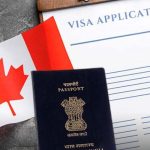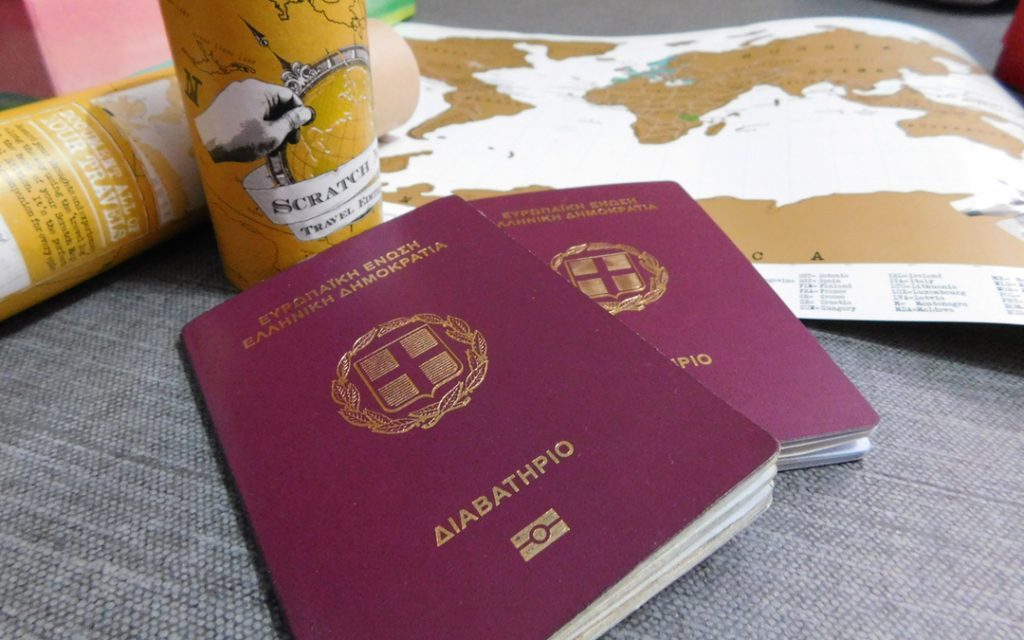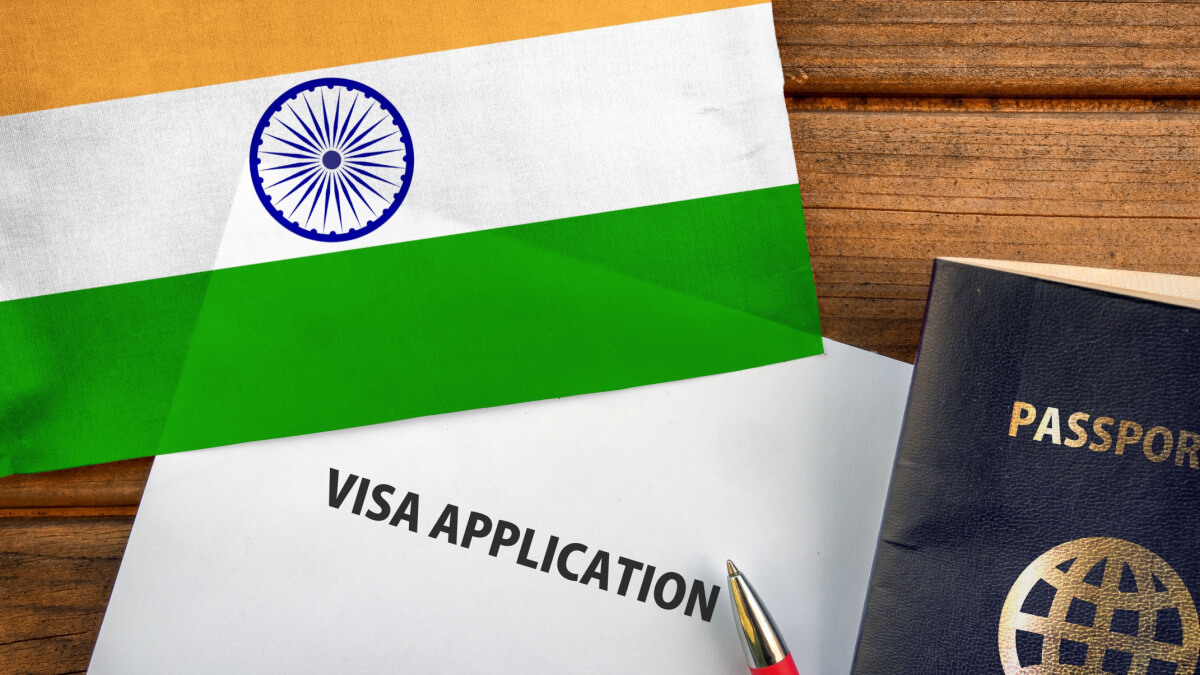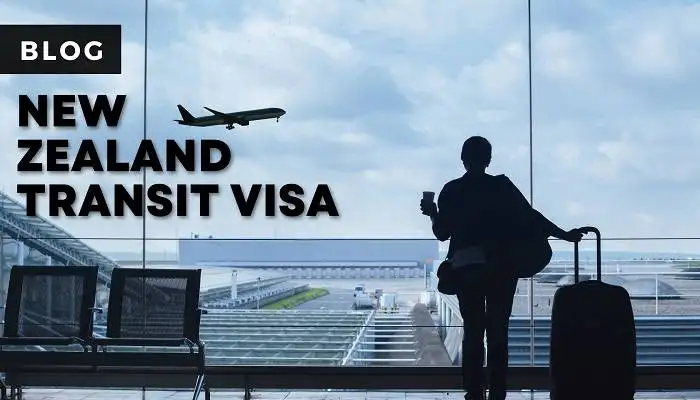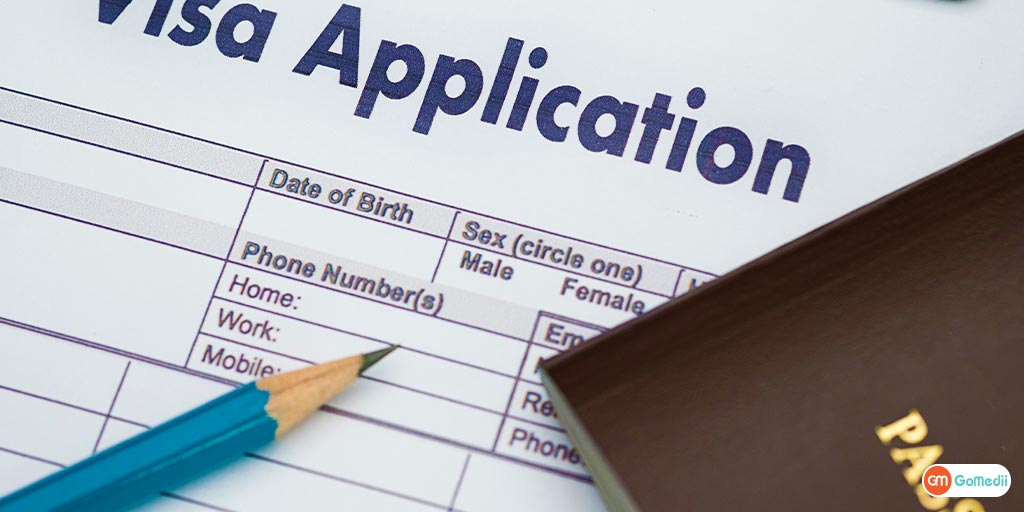Are you dreaming of exploring the stunning landscapes, unique culture, and warm hospitality of New Zealand? Well, before you start packing your bags, it’s essential to understand the financial requirements for a visa application. We know that navigating through this process can be overwhelming and confusing. That’s why we’ve created this blog post to break down everything you need to know about the financial aspects of applying for a New Zealand visa. Whether you’re planning a study adventure or pursuing new job opportunities in this breathtaking country, get ready to dive into all the must-know information that will make your journey smoother and more successful! NEW ZEALAND VISA APPLICATION
Introduction: Importance of understanding financial requirements for a New Zealand visa application
When it comes to applying for a visa, one of the most crucial aspects that immigration authorities consider is an applicant’s financial stability. For individuals who are planning on moving to New Zealand, it is essential to understand and meet the financial requirements set by Immigration New Zealand (INZ). Failure to do so can result in rejection of the visa application.
New Zealand is known for its stunning natural landscapes, high-quality education system, and thriving job opportunities. It is no surprise that many people from around the world aspire to live in this beautiful country. However, before packing your bags and heading off to start a new life in New Zealand, it is important to understand and prepare for the financial requirements outlined by INZ.
One of the main reasons why INZ has strict financial requirements is to ensure that applicants have enough funds to support themselves during their stay in New Zealand. As an immigrant, you will not be eligible for government benefits or social welfare until you become a permanent resident or citizen. Therefore, having sufficient funds is crucial for your survival and well-being during your initial period in New Zealand.
Another reason why understanding and meeting the financial requirements is important is that failing to do so can have serious consequences on your visa application process. If INZ finds out that you do not have enough funds or any discrepancies in your financial documents, they may reject your application outright or request further evidence leading to delays and additional costs.
Moreover, understanding the
Types of New Zealand visas and their specific financial requirements
There are various types of visas available for individuals who wish to visit or live in New Zealand, each with their own specific financial requirements. In this section, we will discuss the different types of New Zealand visas and the specific financial requirements that applicants must meet in order to successfully apply for them. NEW ZEALAND VISA REQUIREMENTS
1. Visitor Visa:
The visitor visa is designed for individuals who want to travel to New Zealand for tourism, business, or visiting friends and family. In order to be eligible for a visitor visa, applicants must show proof of sufficient funds to cover their stay in New Zealand. This includes funds for accommodation, transportation, food, and other expenses.
The exact amount required may vary depending on the duration of your stay and your intended activities in New Zealand. Generally, you should have at least NZD $1,000 per month of your planned stay. However, if you plan on staying longer than 9 months or participating in certain high-risk activities such as adventure sports or working while on a visitor visa, you may be required to provide additional evidence of funds.
2. Work Visa:
The work visa allows individuals to live and work in New Zealand temporarily. To be eligible for a work visa, applicants must have a job offer from an employer based in New Zealand and meet the specific skills and experience requirements outlined by Immigration New Zealand (INZ).
In addition to meeting these requirements, applicants must also provide evidence of sufficient funds to support themselves during their time in New Zealand. The minimum amount required is currently NZ
Minimum financial requirements for different types of visas (student, work, visitor, etc.)
When applying for a visa to travel or move to New Zealand, it is important to understand the financial requirements that must be met in order to be eligible. The minimum financial requirements vary depending on the type of visa you are applying for, such as a student visa, work visa, visitor visa, etc. In this section, we will discuss the specific financial requirements for each type of visa.
1. Student Visa:
If you are planning to study in New Zealand as an international student, you will need to provide evidence that you have enough money to cover your tuition fees and living expenses during your stay in the country. The minimum amount required depends on the length of your course and whether or not you have dependents accompanying you.
For most courses, the minimum funds required are NZ$15,000 per year for tuition fees and NZ$10,000 per year for living expenses. If your course is longer than nine months, you will also need an additional NZ$1,500 per month for every dependent accompanying you.
2. Work Visa:
The financial requirements for a work visa depend on various factors such as your occupation and salary level. Generally, applicants must show that they can support themselves financially while working in New Zealand without relying on public funds.
The minimum income requirement varies based on the skill level of the job being offered and ranges from NZ$21.25 per hour (for highly skilled workers) to NZ$38.25 per hour (for highly specialized roles). It is important to
Evidence of funds: what documents to provide and how to prove sufficient funds
When applying for a New Zealand visa, one of the key requirements is to provide evidence of sufficient funds. This is to ensure that the applicant has enough financial means to support their stay in New Zealand without relying on public funds or working illegally.
The amount of funds required may vary depending on the type of visa you are applying for and your personal circumstances. However, it is important to note that providing false information about your financial situation can result in the rejection of your visa application.
Here are some common documents that can be used as evidence of funds:
1. Bank statements: Providing bank statements from a savings or current account is one of the most common ways to show proof of sufficient funds. The statement should cover a period of at least three months and clearly display your name, account number, and a running balance. It should also show regular income deposits and any large transactions.
2. Payslips: If you are employed, you can provide recent payslips as evidence of regular income. These should be stamped or signed by your employer and clearly state your name, job title, salary details, and pay period.
3. Tax returns: If you are self-employed or own a business, providing tax returns for the past year can demonstrate steady income and financial stability.
4. Property ownership documents: If you own property in your home country, you can provide documents such as land titles or property deeds as proof of assets.
5. Investments or stocks: Documents showing investments such as stocks or mutual funds























